How did Hinduism start and when did it begin ?
Jai Shri Ram,
Hinduism is God centred. Other religions are prophet centred.
Hinduism is based upon Eternal Principles. Eternal principles apply to all human beings everywhere. The laws of physics exist and work all the time. The healing principle will get to work immediately the moment a little cut is sustained on a finger. No one can tell when this healing principle began or when it will end. It is there existing eternally, all pervading (available everywhere), omniscient (aware all the time and therefore healing principle gets to work when injury is sustained). (These simplified examples serve to understand God’s power: omniscient, omnipresent, omnipotent).
Hinduism is based upon Eternal Principles. If a great scientist like Einstein, discovered or realized laws of physics, Hinduism would call him a great Rishi (Maharshi or seer of truth.) Such seers of truth are not confined to any one age or country. Self realized persons like Sister Nivedita & Mumtaz Ali Khan(M Guru) would be called Rishis (seers) and their teachings would be readily acceptable to those who properly understand the principles of ‘Hinduism’. From the ancient times, many great Rishis achieved self-realisation through such practices as meditation and austerities and they realised knowledge concerning Eternal Principles. Their knowledge, taught to disciples, and eventually made available in written form, is known as the Vedas (Ved = knowledge), the scriptures upon which Sanatan Dharma (Hinduism) is based. Sanatan means eternal and Dharma means religion.
The word 'Hinduism ‘ does not appear anywhere in Hindu scriptures, The proper name for Hinduism is ‘Sanatan Dharma’ Sanatan = eternal Dharma = religion.
Hinduism is God centred whereas other religions are prophet centred. For this reason the whole of mankind has to abide by (or is affected by) the eternal principles. The question of acceptance or rejection of Hinduism by any individual simply does not arise, or is irrelevant. It is illogical to talk of conversion to Hinduism. It is like saying that the laws of physics (e.g.gravity) will apply to you only if you belong to an organization or organized religion.
[The ceremonies and rituals connected with Hinduism (and other religions) are designed to cultivate increased spirituality. At advanced level of spirituality, rituals and ceremonies are dispensed with]
Sri Madhusudana Sarasvati Wrote:
(Commentary Gita Ch.3, Shloka 16)
But he who has realised the Supreme Entity and does not derive pleasure from the senses, he on account of being self-fulfilled, does not incur sin even by not performing the rites which are thus the cause of the movement of the Wheel of the World.
From Brahadaranyaka Upanishad 1.4.10:
Even the gods cannot prevail against him (he who has realised the Spreme Entity). There need be no performance of any action even in the form of worship of gods for averting obstacles
Gita Ch. 3 Shloka 17:
The Blessed God Shri Hari said: But that man who rejoices only in the Self and is satisfied (only) with the Self, and is contended only in the Self - for him there is no duty to perform
Swami Vivekananda wrote:
[The Complete Works of Swami Vivekananda, III,
Topic 'The Sages of India']
The very fountain-head of our religion is in the Vedas (Srutis) which are perfectly impersonal; the persons all come in the Smritis and Puranas- the great Avataras, Incarnations of God, Prophets, and so forth.
[Note: Srutis means revealed knowledge; Smriti means memory, history]
And this ought also to be observed that except our religion (Sanatan Dharma; Hinduism), every other religion in the world depends upon the lives of some personal founder or founders. Christianity is built upon the life of Jesus Christ, Mohammedanism (Islam) upon Mohammed, Buddhism upon Buddha, Jainism upon the Jinas, and so on. It naturally follows that there must be in all these religions a good deal of fight about what they call the historical evidences of these great personalities.
If at any time the historical evidences about the existence of these personages in ancient times become weak, the whole building of the religion tumbles down and is broken to pieces. We escaped this fate because our religion is not based upon persons but on principles. That you obey your religion is not because it came through the authority of a sage, no, not even of an Incarnation. Krishna is not the authority of the Vedas, but the Vedas are the authority of Krishna himself. His glory is that he is the greatest preacher of the Vedas that ever existed.
So with the other Incarnations; so with all our sages. Our first principle is that all that is necessary for the perfection of man and for attaining unto freedom is there in the Vedas. You cannot find anything new. You cannot go beyond a perfect unity, which is the goal of all knowledge; this has been already reached there, and it is impossible to go beyond the unity. Religious knowledge became complete when Tat Twam Asi (Thou art That) was discovered, and that was in the Vedas.
What remained was the guidance of people from time to time according to different times and places, according to different circumstances and environments. People had to be guided along the old, old path and for this these great teachers came, these great sages. Nothing can bear out more clearly this position than the celebrated saying of Sri Krishna in the Gita : "Whenever virtue subsides and irreligion prevails, I create Myself for the protection of the good; for the destruction of all immorality I am coming from time to time."
What follows? That on the one hand, there are these eternal principles, which stand upon their own foundations without depending on any reasoning, even much less on the authority of sages however great, of Incarnations however brilliant they may have been. We may remark that as this is the unique position in India, our claim is that the Vedanta only can be the universal religion, that it is already the existing universal religion in the world, because it teaches principles and not persons.
No religion built upon a person can be taken up as a type by all the races of mankind. In our own country we find that there have been so many grand characters; even in a small city many persons are taken up as types by the different minds in that one city. How is it possible that one person as Mohammed, or Buddha or Christ, can be taken up as the one type for the whole world, nay, that the whole of morality, ethics, spirituality, and religion can be true only from the sanction of that one person, and one person alone?
Now the Vedantic religion does not require any such personal authority. Its sanction is the eternal nature of man, its ethics are based upon the eternal solidarity of human, already existing, already attained and not to be attained.
The Hindu can worship any sage and any saint from any country whatsoever, and as a fact we know that we go and worship many times in the churches of the Christians, and many times in the Mohammedan mosques and that is good. Why not? Ours, as I have said, is the universal religion. It is inclusive enough, it is broad enough to include all the ideals. All the ideals of religion that already exist in the world can be immediately included, and we can patiently wait for all the ideals that are to come in the future to be taken in the same fashion, embraced in the infinite arms of the religion of the Vedanta.



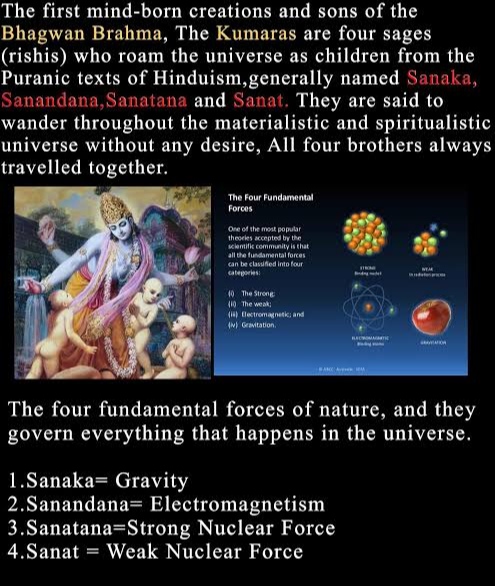


.png)




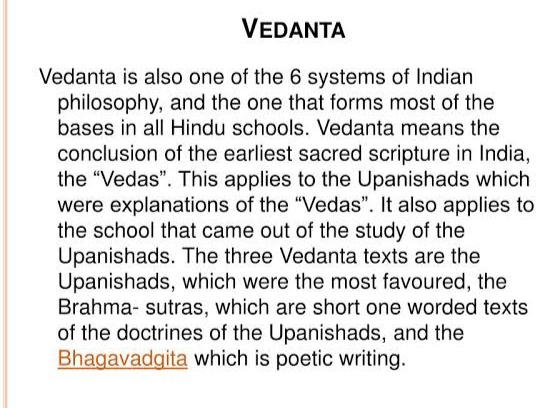
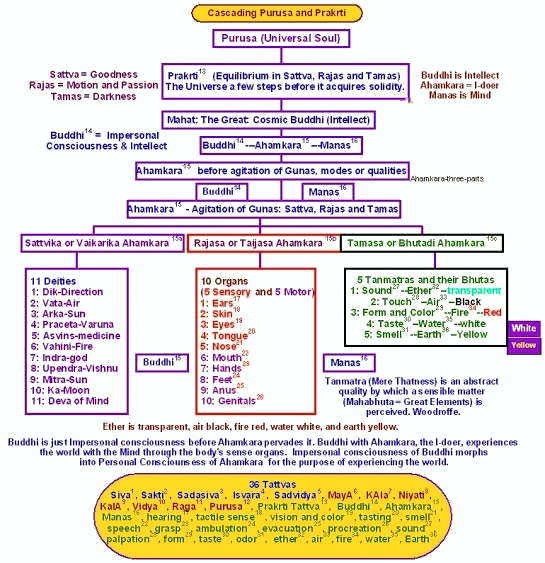

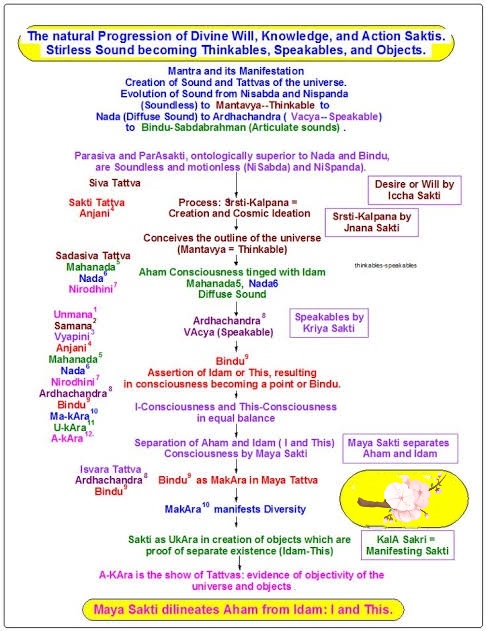
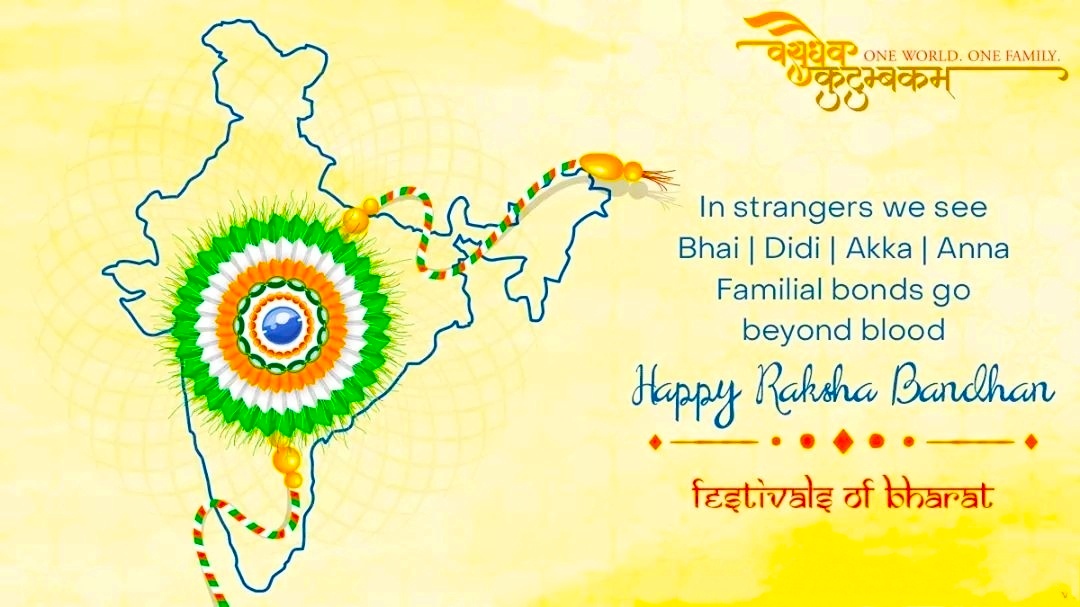


Comments
Post a Comment